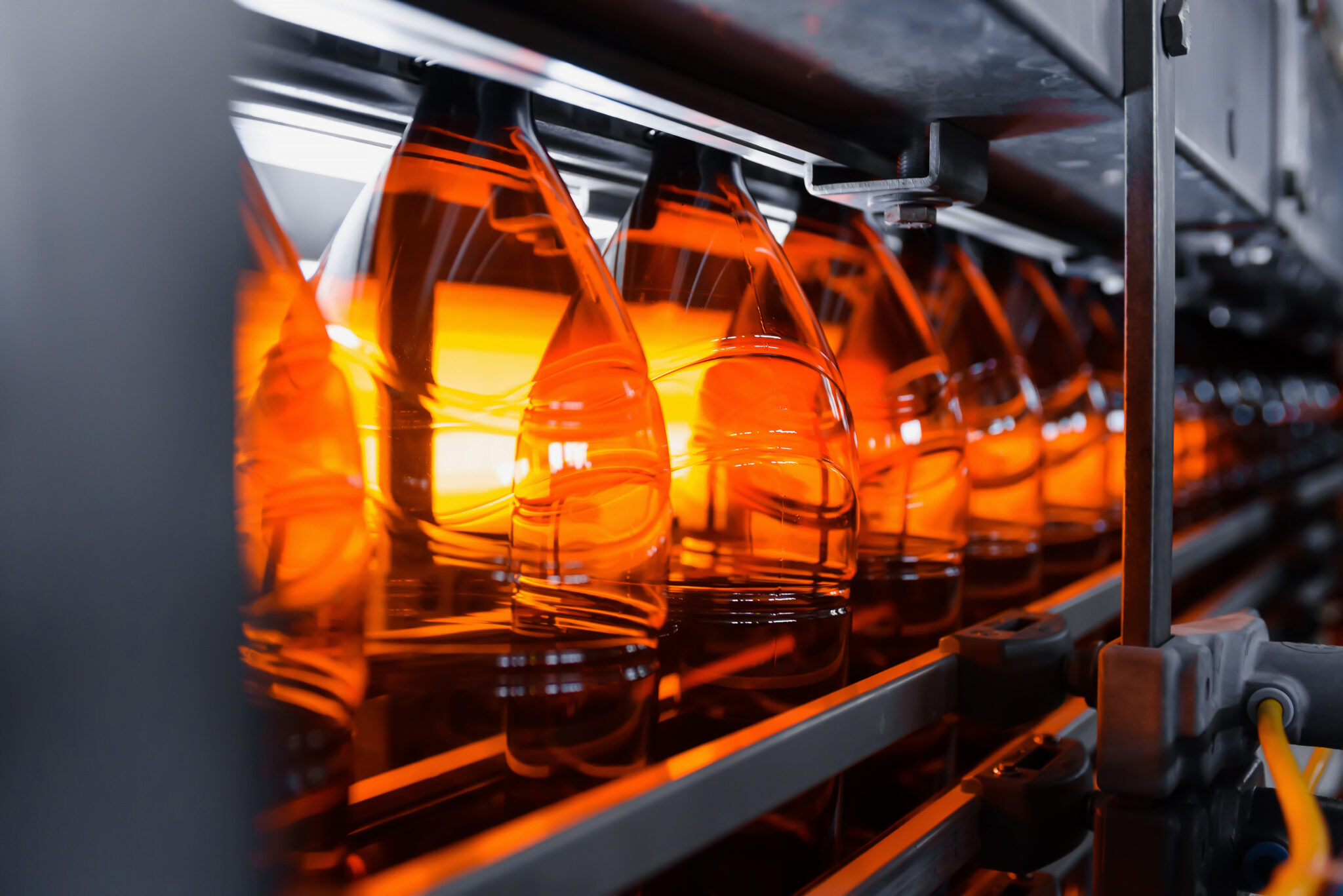Dust Collection in Plastic Manufacturing
The plastics industry encompasses a wide range of processes, including pelletizing, conveying, molding, and grinding. A significant amount of plastic dust, also known as “fines,” is generated throughout these processes. Controlling this dust is crucial not only to protect the well-being of workers but also to prevent hazardous explosions caused by charged, combustible plastic dust.
Understanding the Risks in Plastic Production

For instance, certain chemicals may only become hazardous when vaporized during thermal processes while remaining as benign as plastic dust. Additionally, the exposure risk associated with different types of plastics may depend on the size of the particulate generated during the process and whether it is considered respirable. Therefore, manufacturers involved in plastic and Fiber Reinforced Polymers (FRPs) production or handling should obtain Safety Data Sheets (SDSs) for the substances they work with and conduct a comprehensive evaluation to assess exposure risks and relevant regulations specific to their processes.
Preventing Explosions
Certain substances frequently utilized in the plastics and rubber industry possess the inherent risk of explosion. During manufacturing procedures, the generation of a “dust cloud” can transpire, which, in the presence of air and an ignition source, may lead to severe explosions, potentially resulting in loss of life. To reduce explosive hazards, it is essential to carefully position equipment, ensure no leakages around dust-producing handling systems, and minimize dust-related housekeeping tasks to prevent dust egress into the production environment. This improves machinery productivity, reduces breakdowns, and saves maintenance costs and operator intervention.
Maintaining Product Quality
Cross-contamination with other materials during manufacturing can negatively impact product quality and safety, resulting in unusable end products. This has a detrimental effect on productivity and profitability. Maximizing product yield is crucial; an effective filtration system can help you achieve this.
Protecting the Environment
Many products used in the rubber and plastics industry can be hazardous to the environment, and businesses have a legal obligation to comply with emissions regulations, such as the Environmental Protection Act. By filtering air and removing contaminants, a Sly system ensures compliance with legislation and helps keep emissions at the required level.
Reducing Dust: Steps to Take
Sly’s dust control solutions effectively prevent and control dust and emissions, addressing all associated issues. For industry-standard guidance and advice, please feel free to contact our team.

